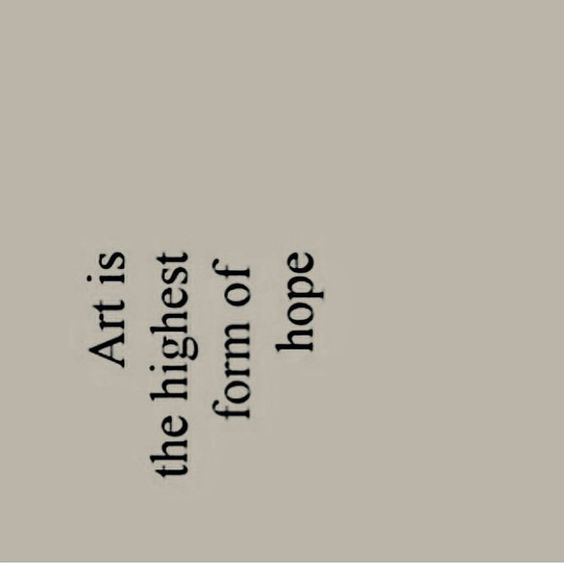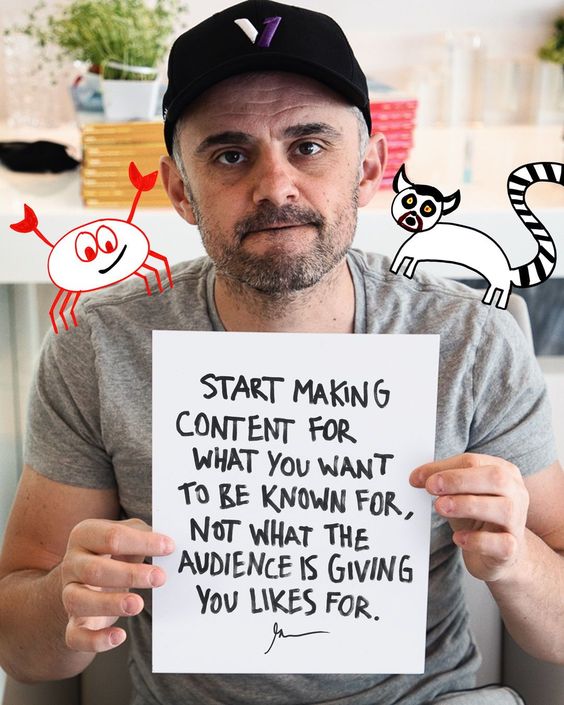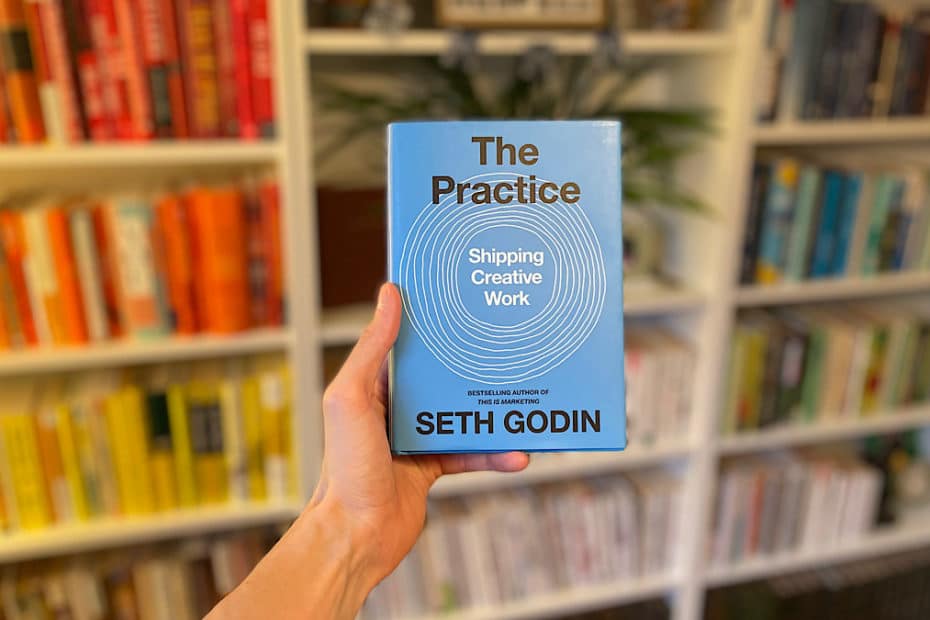“The difference between the neurotic and the creative is that the neurotic is precisely the one who cannot create. He cannot marshal a response. Both the artist and the neurotic are really sensitive. They both are overwhelmed by the world. They both take in the world and are wrestling with the world. But, the artist takes that in and reworks it into an active work project—there is kind of a feedback loop, a circularity. There’s a response that says, ‘I am here. I felt this. And it matters.’ And it is in the ability to respond to that experience that solicits a kind of exorcism that frees you from your demons. The neurotic cannot do that. So he chokes on his introversions.”
Jason Silva, via Aubrey Marcus Podcast
“Whatever humble art you practice: Are you sure you’re making time for it? Are you loving what you do enough to make the time? Can you trust that if you put in the effort, the rest will take care of itself? Because it will. Love the craft, be the craftsman.”
Ryan Holiday, The Daily Stoic (Page 207)
“You don’t need a better computer to become a writer. You don’t need a better guitar to become a musician. You don’t need a better camera to become a photographer. What you need is to get to work.”
James Clear, Blog
“As far as the writing itself is concerned it takes next to no time at all. Much too much is written every day of our lives. We are overwhelmed by it. But when at times we see through the welter of evasive or interested patter, when by chance we penetrate to some moving detail of a life, there is always time to bang out a few pages. The thing isn’t to find the time for it—we waste hours every day doing absolutely nothing at all—the difficulty is to catch the evasive life of the thing, to phrase the words in such a way that stereotype will yield a moment of insight. This is where the difficulty lies. We are lucky when that underground current can be tapped and the secret spring of all our lives will send up its pure water. It seldom happens. A thousand trivialities push themselves to the front, our lying habits of everyday speech and thought are foremost, telling us that that is what ‘they’ want to hear. Tell them something else.”
William Carlos Williams, via Sunbeams (Page 107)
“We cannot predict the value our work will provide to the world. That’s fine. It is not our job to judge our own work. It is our job to create it, to pour ourselves into it, and to master our craft as best we can.”
James Clear, Blog
“Rather than believing they [successful innovators] have to start with a big idea or plan out a whole project in advance, they make a methodical series of little bets about what might be a good direction, learning critical information from lots of little failures and from small but significant wins. This rapid and frequent feedback allows them to find unexpected avenues and arrive at extraordinary outcomes.”
Peter Sims, Little Bets, via So Good They Can’t Ignore You (Page 178)
“All of us who do creative work… you get into this thing, and there’s like a ‘gap.’ What you’re making isn’t so good, okay?… It’s trying to be good but… it’s just not that great. The key thing is to force yourself through the work, force the skills to come; that’s the hardest phase.”
Ira Glass, via So Good They Can’t Ignore You (Page 47)
“The teacher learns more than the student. The author learns more than the reader. The speaker learns more than the attendee. The way to learn is by doing.”
James Clear, Blog
29 Must-Read Seth Godin Quotes from The Practice For All Creators
Excerpt: If you’re a creator of any kind (current or future) this list of quotes from The Practice should be required reading—they’re THAT good.
Read More »29 Must-Read Seth Godin Quotes from The Practice For All Creators
“Where is the fuel to keep us going? Anger gets you only so far, and then it destroys you. Jealousy might get you started, but it will fade. Greed seems like a good idea until you discover that it eliminates all of your joy. The path forward is about curiosity, generosity, and connection. These are the three foundations of art. Art is a tool that gives us the ability to make things better and to create something new on behalf of those who will use it to create the next thing.”
Seth Godin, The Practice (Page 255)
Where Do Ideas Come From? [Excerpt]
Excerpt: The following is an excerpt from Seth Godin’s book, The Practice. In it, you’ll find a provocative list of ideas on where ideas come from.
Read More »Where Do Ideas Come From? [Excerpt]
“No one can possibly do a better job of being you than you can. And the best version of you is the one who has committed to a way forward. Your work is never going to be good enough (for everyone). But it’s already good enough (for someone). Committing to a practice that makes our best better is all we can do.”
Seth Godin, The Practice (Page 246)
“Ultimately, the goal is to become the best in the world at being you. To bring useful idiosyncrasy to the people you seek to change, and to earn a reputation for what you do and how you do it. The peculiar version of you, your assertions, your art.”
Seth Godin, The Practice (Page 226)
“Of course, at first, all work is lousy. At first, the work can’t be any good—not for you and not for Hemingway. But if you’re the steam shovel that keeps working at it, bit by bit, you make progress, the work gets done, and more people are touched. There’s plenty of time to make it better later. Right now, your job is to make it.”
Seth Godin, The Practice (Page 203)
“If you want to complain that you don’t have any good ideas, please show me all your bad ideas first. Befriending your bad ideas is a useful way forward. They’re not your enemy. They are essential steps on the path to better.”
Seth Godin, The Practice (Page 191)
“We have unlimited reasons to hide our work and only one reason to share it: to be of service.”
Seth Godin, The Practice (Page 190)
“You are not your work. Your work is a series of choices made with generous intent to cause something to happen. We can always learn to make better choices.”
Seth Godin, The Practice (Page 181)
“When we stop worrying about whether we’ve done it perfectly, we can focus on the process instead. Saturday Night Live doesn’t go on at 11:30 p.m. because it’s ready. It goes on because it’s 11:30. We don’t ship because we’re creative. We’re creative because we ship. Take what you get and commit to a process to make it better.”
Seth Godin, The Practice (Page 171)



![Where Do Ideas Come From? [Excerpt]](https://movemequotes.com/wp-content/uploads/2021/04/IMG_1179-930x620.jpg)